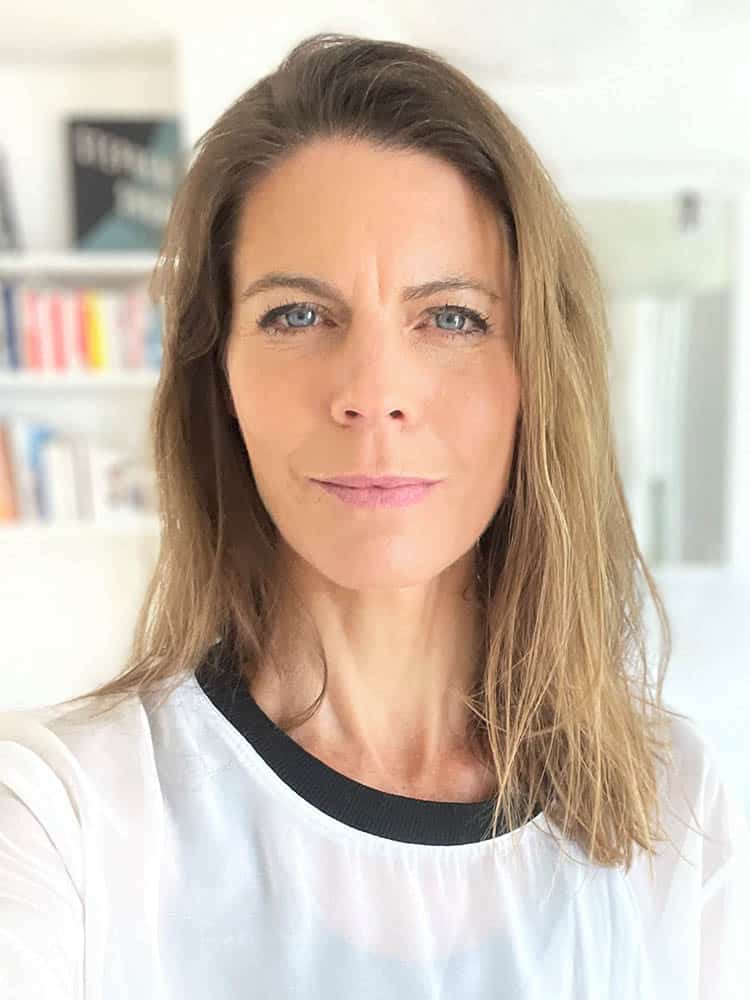Liz Fraser
Liz Fraser is one of the UK's best-known writers and broadcasters on all aspects of modern family life.
She has been a presenter, host and guest on national television and radio for over 20 years, has written four books about family life and a No1 best-selling memoir about being the partner of an alcoholic, ‘Coming Clean’, published by Bloomsbury in 2021.
Liz has written features and columns for The Sunday Times, The Guardian, The Times, The Sunday Times, The Telegraph, Red, Grazia, Glamour, The Daily Mail, Mother and Baby, Marie Claire, Junior, Woman, Bella, Runner's World, and many others.
In 2016 she set up a mental health platform, “Headcase’ to support young people in talking about their everyday mental health issues, giving talks to thousands of students in Universities across the country.
Liz has a degree in Experimental Psychology from Cambridge University, and four children ranging in age from 24 to 4. She speaks fluent French and German, and is a competitive 10km and half marathon runner - though her knees are no longer very keen on this!
Her greatest passion in life is her children, and helping others cope better with difficult situations she herself has lived through.


